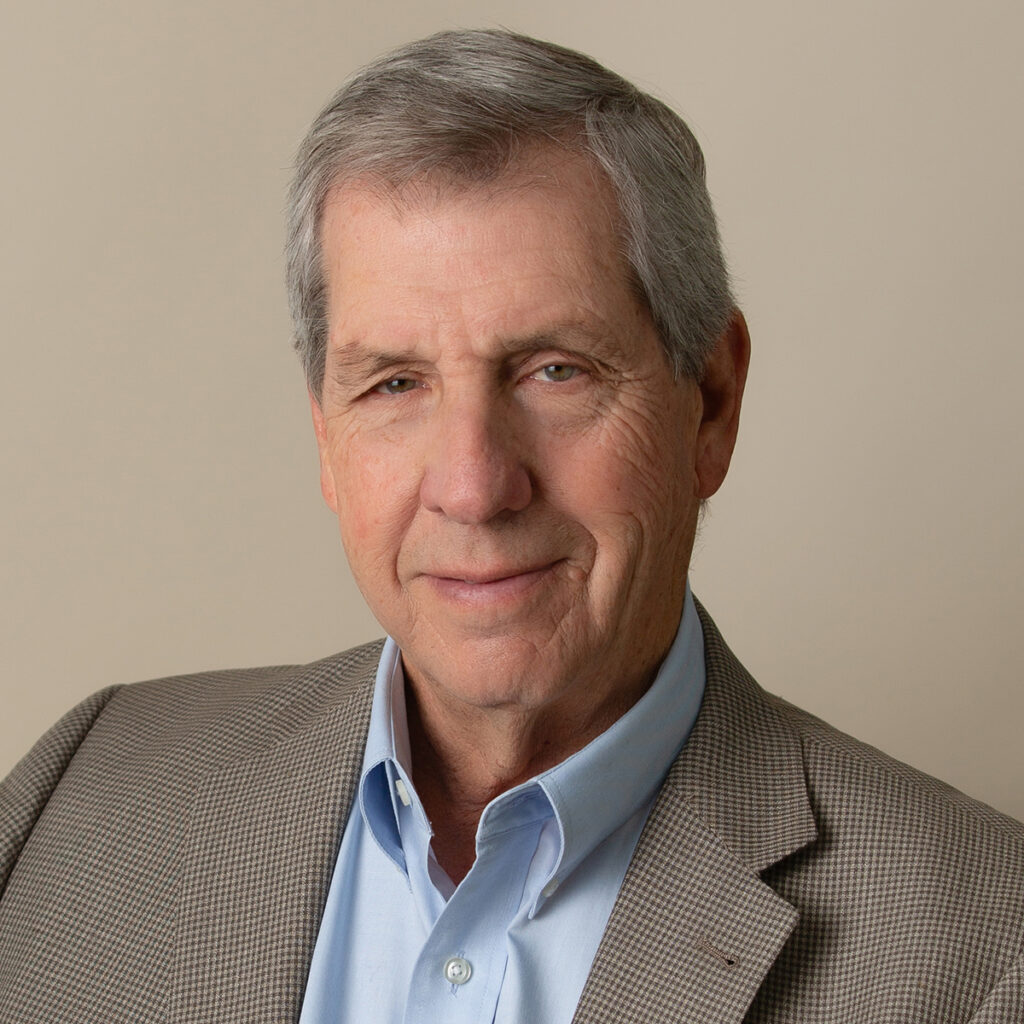
EDITOR’S NOTE: Stephen Silver was married for 51 years before his wife Sandy died suddenly and unexpectedly. In the eighteen months that followed, Stephen kept a journal of the practical lessons he learned while going through the grieving process. He captured these hopeful lessons in this short book, Grief Redeemed. This article is an excerpt from the book.
I’ve learned that grief is not my enemy—it is my friend. This insight hasn’t mitigated or softened the pain of my wife Sandy’s absence from me, nor the loneliness and emptiness I experience every day when reflecting on her love, friendship, companionship, support, encouragement, and beautiful smile. However, I’ve discovered that the more visceral these feelings, the greater the opportunity to draw closer to the Lord in the midst of my anguish. I’ve learned that in those moments, He has me exactly where He wants me—pouring out my heart and tears before Him and asking for His help to get me through.

The truth is, I’ve never experienced real suffering before—not on this level. Like everyone, I’ve had normal disappointments, regrets, and life challenges with which I’ve had to cope. But none of those came close to the heartache and pain of the reality of no longer having Sandy by my side or seeing her face again in this life. There’s simply no way to sugarcoat or dodge those realizations and related emotions when they come crashing in.
As with most who’ve experienced heavy grief from loss, these come upon me in the form of giant waves, which capsize and render me momentarily incapacitated. In the first few months after Sandy’s death, these came frequently and without warning. All I could do was hold on until they passed, or sometimes call a close family member or friend to help me get through them. Fortunately, these now come less frequently, are less intense, and don’t last as long—but I know they are coming.
Until recently, I saw these “grief waves” as unwelcome but unavoidable enemies to be endured until they let me out of their clutches. That may be because I didn’t know how deep they would cut, or how to manage them when they showed up. I now have more experience with them and have come to understand that they are not my enemies at all but, as I have said, are indeed my friends.
There’s no way to rationalize away the profound sadness of missing the presence of someone you deeply loved and on whose special closeness you came to depend. Dependence entails counting on the certain and confident knowledge that they will always be there—across the dinner or card table, in the car seat next to you, on the couch watching a movie, in the bed beside you, holding your hand, calling on the phone . . . the list goes on. These are thousands of daily touch points that make up life together and become as natural and necessary as breathing.
When these are all removed at the passing of your loved one, but the memories of them persist, their absence can be heart-wrenching and you would give anything to experience again any of what you probably once took for granted. Fortunately, time and new experiences have a way of taking over those “touch points” and replacing them with a new normal—but there are those memories, and something needs to be done with them when they come.
So why would you welcome memories, which only make you sad? How could they be your friends? Wouldn’t it be better to be free and clear of them? Logic would seem to argue the case for pressing the sad memories delete button. Simple as that. But let’s explore that option.
What if you could do it? Wave your hand and be 100 percent clear of all memories of your loved one? What would you gain? You may be a happier person. You wouldn’t be sideswiped by the pangs of sadness that come over you throughout the day. Crying would no longer be as frequent for you, nor loom below the surface of conversations when in the company of friends and family. You would likely be easier to be around. You could get on with your new life more quickly and have a nice spring in your step. But what would you lose?
I can only speak for myself here. For me, I would lose the opportunity to become a better man and more useful instrument for the Lord. The sadness I experience in grief over memories of Sandy is the raw material, so to speak, that the Lord has been using to draw me closer to Him—closer than I would have ever been able to be without the grief. It is breaking down my self-reliance, increasing my dependence on Him, and making me more vulnerable to others. It is softening me, making me more tenderhearted, sensitive to others, and interested in their lives. In short, it is making me more accessible and less self-centered.
When I am particularly missing Sandy and the tears come, they are now a form of soul-cleansing that somehow makes me feel renewed, refreshed, and better equipped for the day. The pain of missing Sandy is still acute, and I find myself loving her more each day. However, I think I’ve turned the corner from “needing” and depending on her, to being thankful for what I had with her here for more than fifty years, rejoicing in her present fullness in heaven, looking forward to our reunion there, and embracing what the Lord has left for me to do here in my “new and improved” state.
I ask myself, given the choice, if I would turn back the clock and change the circumstances of her death to have her back with me to pick up where we left off before her fall—and my answer is no, I wouldn’t. Her life has improved exponentially being in heaven, and I wouldn’t want to deprive her of that, and the grief I’ve acquired through her absence will now be my new companion and tutor for a life I wasn’t planning or welcoming but that the Lord has chosen as His plan for me.
So yes, grief is my friend.















